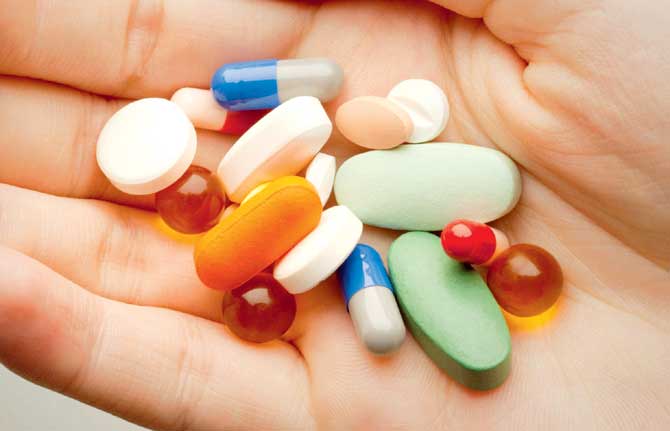If you've planned to hit the road this c, read our checklist based on expert advice from medical professionals and travel planners for a hassle-free trip. Soma Das finds out

Before you leave
Meet your doctor. If you have any medical condition like diabetes or hypertension, meet your doctor a week prior to your travel to ensure the right dosages of medications during your vacation.
Get yourself immunised. As different countries or regions have their own set of diseases, it's always advisable to get oneself immunised via vaccines or to take prophylactic medications before entering such zones. Make sure you have a tetanus booster dose. It's also advised to take a flu shot prior to visiting cooler destinations.
Pack your first aid kit and carry an extra pair of spectacles (if you have reading glasses).
Build up endurance. If your trip involves trekking or hiking, start building up your stamina. The last thing you want is to be stranded on your trek, however, beautiful the location may be.
Check your health insurance.
While travelling
Stay hydrated. Aeroplanes and trains are often packed, and there's also the issue of low humidity levels which makes nasal membranes dehydrated and more susceptible to infection from passing germs. Ensure you drink lots of water.
Move your calf during long flights; periodically raise and lower your heels while seated and walk up and down the aisle a few times. Sitting in a cramped position for a long time can form clots in the leg veins that can cause life-threatening conditions like pulmonary embolism.
ADVERTISEMENT
At the destination
> Though you will be served an exotic range of dishes on the breakfast menu, don't indulge in deep-fried food. Have a good protein-rich diet, as it's slow in digestion, keeping you full for a long time.
Carry your medicines and prescriptions
> Travellers' diarrhoea is a nightmare, striking an estimated 10 million travellers each year. High-risk destinations are Mexico, Latin America, Africa, the Middle East, and Asia. To minimise the risk, follow this standard travel health advice: drink only bottled/boiled water.
> Eat well-cooked food, rather than raw or undercooked meat and seafood.
> Avoid any foods or beverages purchased from street vendors or establishments with unhygienic conditions.
> Avoid eating raw fruits and vegetables.
> Keep a course of probiotics and antibiotics as prescribed by your doctor and start them ASAP to minimise the duration of diarrhoea.
> Mosquitoes can carry malaria and dengue fever. Ticks spread Lyme disease, while the housefly carries germs in its legs. A few simple precautions can minimise your risk of getting bitten this summer.
A) Stay indoors at dawn and dusk and in the evening, when mosquitoes are most active.
B) Wear long-sleeved shirts, long pants, and hats. Shirts should be tucked in. Tuck your pants into your socks and wear boots, not sandals.
C) Inspect yourself and your clothing for ticks, during outdoor activity and at the end of the day.
D) Prompt removal of attached ticks can prevent some infections. Always carry mosquito repellants with you.
Avoid adventure overload
> Getting convinced by overzealous staff, many vacationers decide to opt for a Level 5 white river rafting or doing a 15 km hike. As a result, too many end up going home with bills from a side trip to the local ER.
> Motor vehicle-related accidents are, by far, the most common cause of injury and even death among travellers, and the risk is higher in developing countries like ours where roads and traffic conditions are poor. Water-related activities are the second most hazardous. Don't let the adrenaline rush take over the
grey matter.
— Dr Sourabh Jain, Consultant Physician at Cumballa Hill Hospital and Heart Institute
3-point checklist
1. In summer, be careful about sun burn, and heat stroke. Stay hydrated and pay attention to hygienic food as cut fruits, meat and dairy products tend to spoil soon.
2. Check on the climate of the destination; if it is too hot, it might cause stroke and sun burn. Check the condition of the water as it may cause diseases, if unhygienic.
3. If you have diabetes, keep regular meal times; if you have hypertension, avoid direct exposure to the sun; people with heart diseases should avoid undue exertion. Such patients should consult the doctor before embarking on a trip.
— Dr Behram Pardiwala, Internal Medicines, Wockhardt Hospital, Mumbai Central
 Subscribe today by clicking the link and stay updated with the latest news!" Click here!
Subscribe today by clicking the link and stay updated with the latest news!" Click here!







